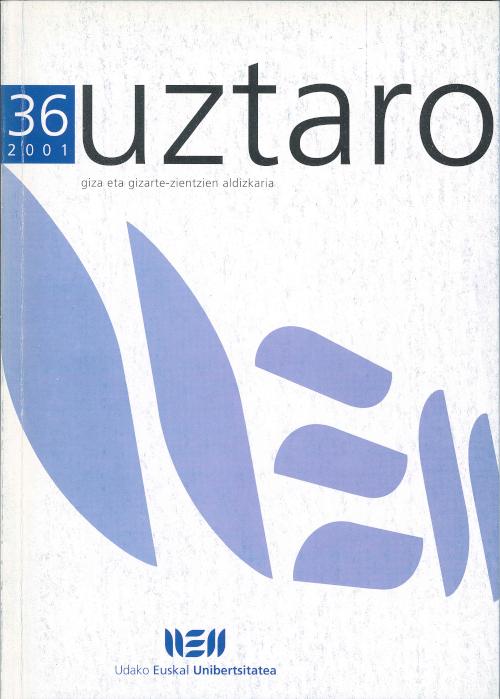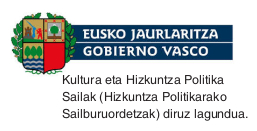Jokaera agonistikoen ondorio ezkorrak ekiditeko estrategiak: errekontziliazioa primateetan
Abstract
Aggressive behavior is often regarded as abnormal and negative, yet it can actually be adaptive under some circumstances, such as when defending against predators or when fighting for resources. However, agonistic behavior can also have a detrimental effect on intragroup relationships and, therefore, it has been argued that animals who live in groups must have developed some strategies to cope with these negative consequences of aggression. After mentioning some of the main theories about agonistic behavior, several mechanisms used by primates in postconflict situations are examined from an ethological perspective, focusing specially on reconciliation. The most used methods to study this behavior, the variables affecting its occurrence, and different hypothesis about the evolution of reconciliation are analyzed as well.Downloads
Download data is not yet available.
License
Copyright (c) 2001 Uztaro

This work is licensed under a Creative Commons Attribution-NonCommercial-ShareAlike 4.0 International License.
Downloads
Published
2001-05-09
How to Cite
Aizpurua Sanz, E. (2001). Jokaera agonistikoen ondorio ezkorrak ekiditeko estrategiak: errekontziliazioa primateetan. Uztaro. Giza Eta Gizarte-Zientzien Aldizkaria, (36), 41–52. Retrieved from https://aldizkariak.ueu.eus/index.php/uztaro/article/view/4057
















